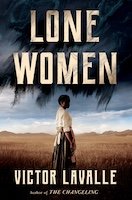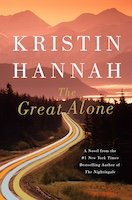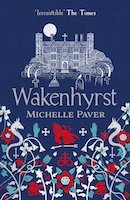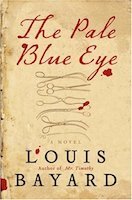Review: Lone Women
/4 stars. I love a good mystery box - in this case, a literal mystery box - and I love when it's utilized in unique ways. In this book it's blended nicely with horror and lends itself to a nearly perfect premise; it certainly kept me engaged for the first half of the book. The big reveal was interesting and fascinating. Lone Women is bound to make you think.
It follows Adelaide Henry on her move from California to Montana in the early 1900s. She carries an impossibly heavy steamer trunk, and is looking to disappear. Big Sandy welcomes her at first, providing a sense of community in the town's quest to survive the harsh landscape. But Adelaide can't settle, nor can the town be at peace; her trunk holds a very dangerous secret, and they all must learn to survive it.
A must-read for horror fans, especially ones looking to scratch an itch for something Western. It's compelling, unique, and intense. I docked a star because it felt a little like the author... pantsed it, for lack of a better word - no outline, no plotting in advance, just writing as the narrative came to him - and I think the characters suffer slightly for it. This isn't necessarily a complaint, but certain elements felt very... random.
Still, it's so much fun. Definitely unpredictable (except for one certain character's "twist"). Maybe a little cheesy. The opportunity to explore this time and place is very welcome. I'm a little unclear on a few things, but that's fine. What I gleaned and learned and chewed on reading this book made it entirely worthwhile.
Lone Women on: Amazon | Bookshop.org | Goodreads










